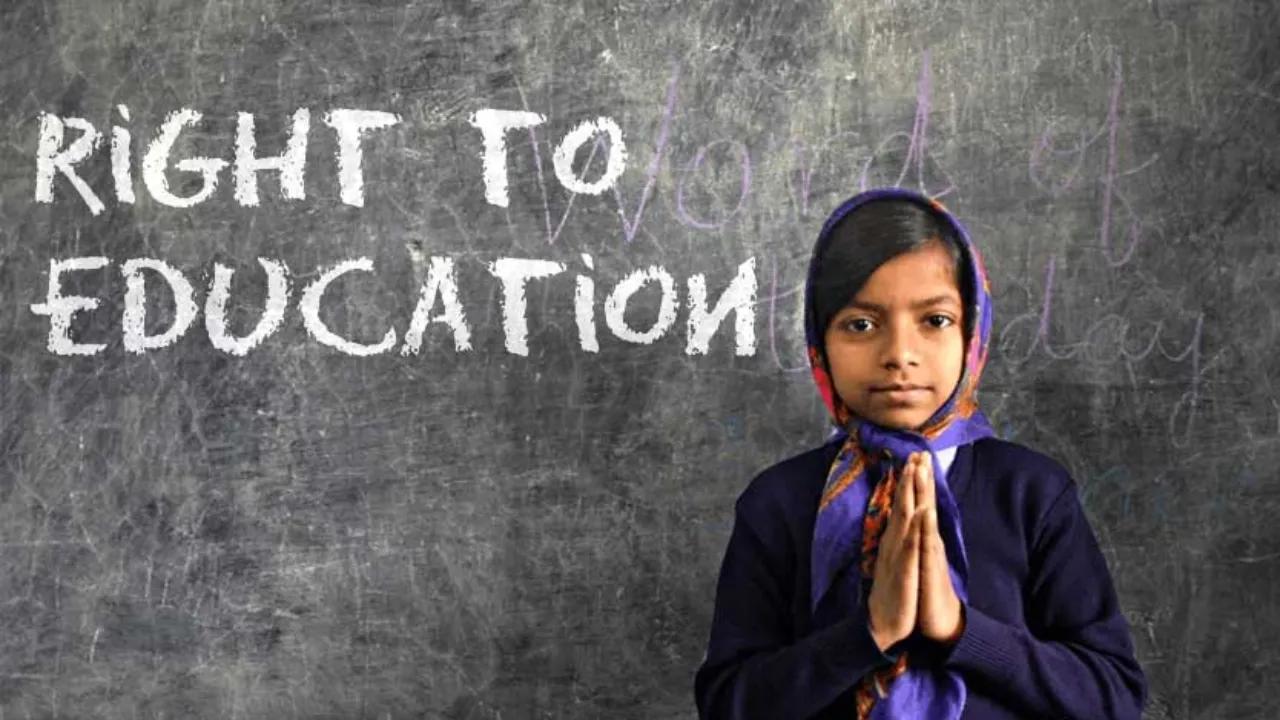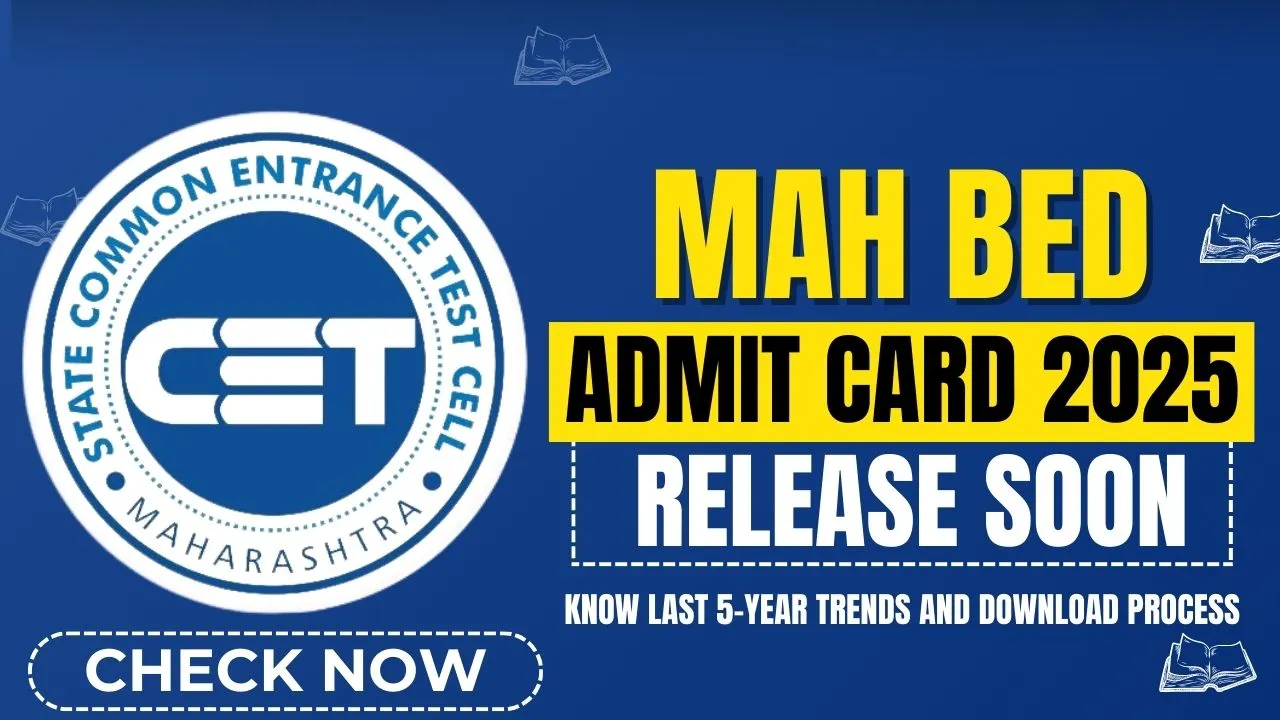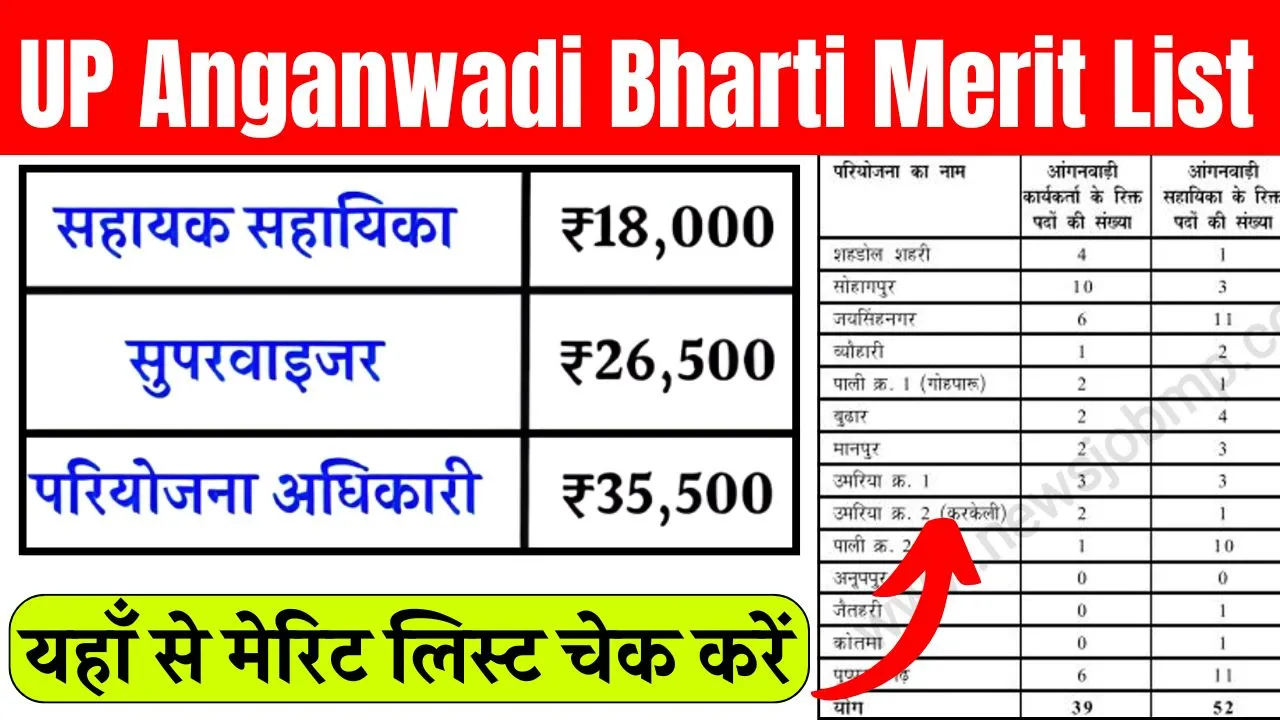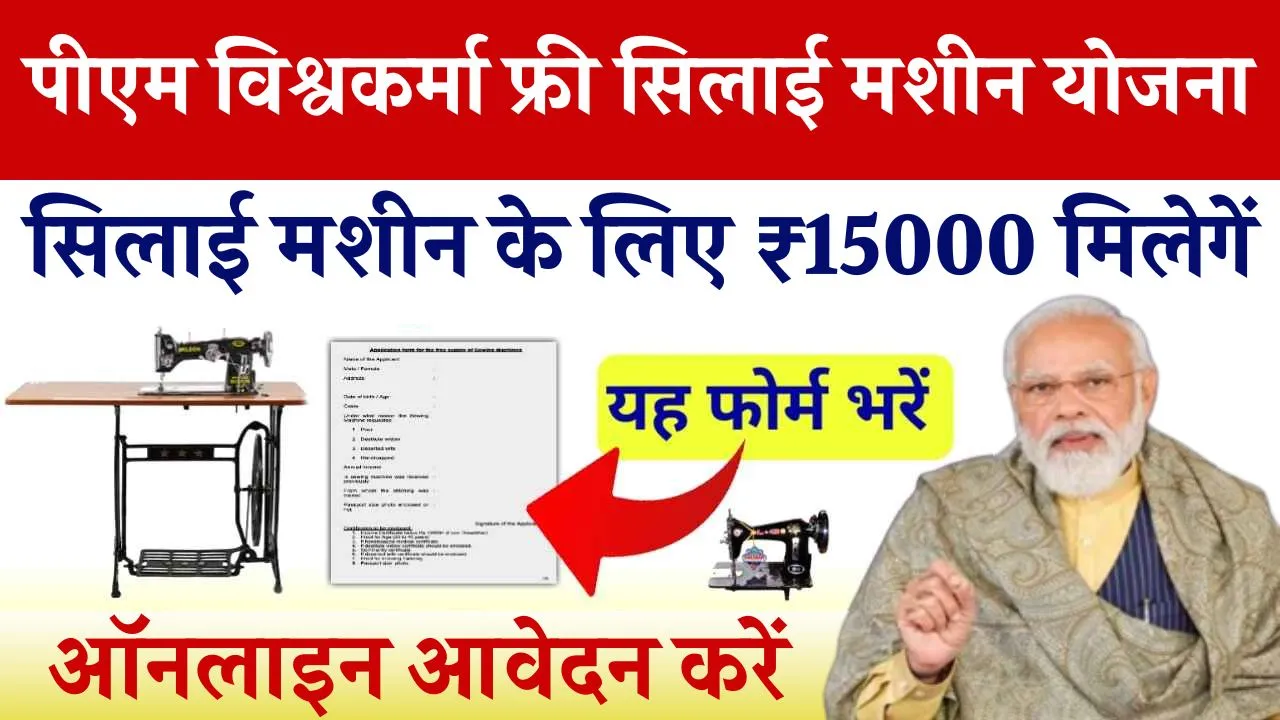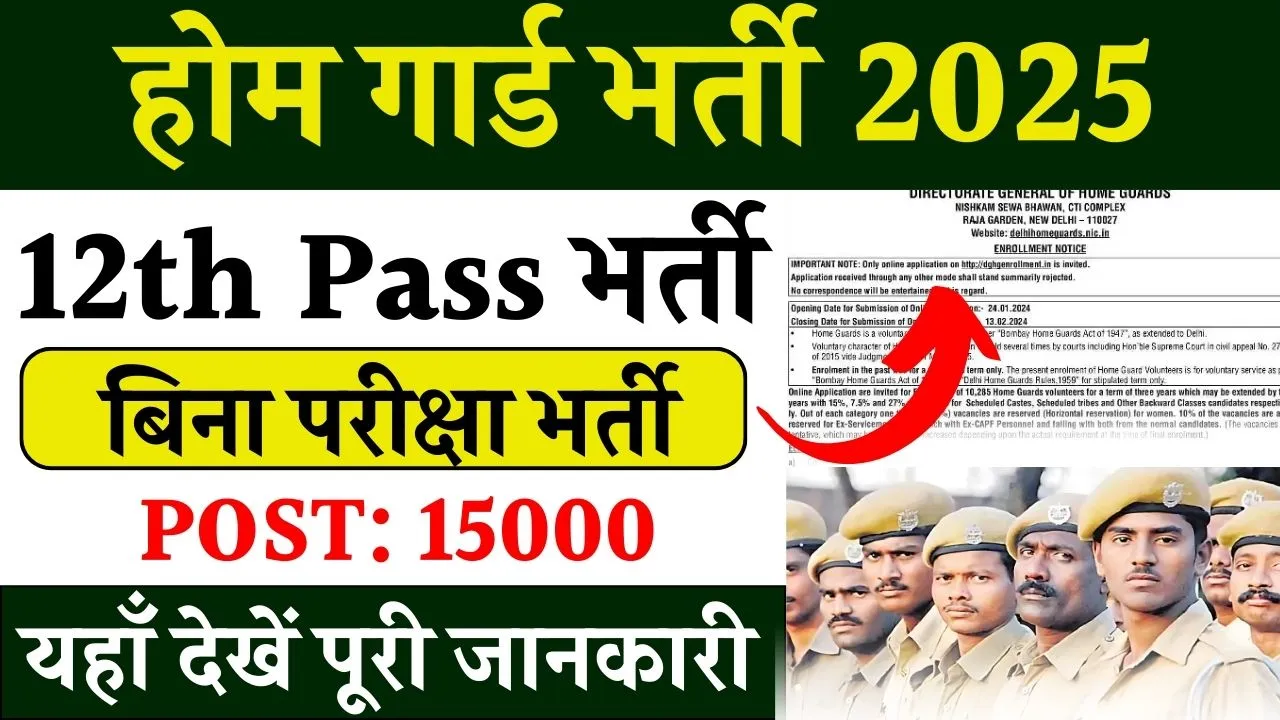In a significant move aimed at broadening access to education, the Gujarat government has announced an increase in the income threshold for families eligible under the Right to Education (RTE) Act. Effective immediately, the income limit for both rural and urban families has been raised to Rs 6 lakh per annum. This decision marks a substantial jump from the previous income criteria, which stood at Rs 1.20 lakh for rural families and Rs 1.50 lakh for urban families.
The state’s latest initiative is expected to have a far-reaching impact, opening doors for thousands of children from economically diverse backgrounds to secure admission in private unaided primary schools under the RTE Act. Officials believe that this revised policy will foster greater inclusivity and reflect the state’s ongoing commitment to ensuring equitable educational opportunities for all.
Massive Expansion in Eligibility for RTE Admissions
The Right to Education Act mandates that private unaided primary schools reserve 25% of their seats for children belonging to economically weaker sections and disadvantaged groups. However, for many years, the low-income criteria acted as a barrier for families who, though slightly above the prescribed limits, still struggled to afford private school education.
With the income limit now revised to Rs 6 lakh annually, a broader segment of Gujarat’s population will be able to apply for admissions under the RTE Act. This move is seen as an attempt to bridge the gap between economically weaker families and the lower-middle-income groups who were previously excluded despite facing financial challenges.
State education officials have praised the policy shift, citing it as a step toward ensuring that no deserving child is deprived of quality education due to financial constraints. Education Minister Praful Pansheriya emphasized the government’s commitment to expanding educational equity, noting that this move aligns with Gujarat’s larger goal of fostering inclusive growth.
Application Deadline Extended for Eligible Families
Recognizing that many families may become newly eligible due to the revised income threshold, the Gujarat government has also extended the application deadline for RTE admissions. Parents of children who will attain the age of six by June 1, 2025, can now apply for admission under the RTE quota until April 15, 2025.
This extension provides ample time for families who were previously ineligible to gather the necessary documents and submit their applications. Officials believe that the extended window will ensure that all qualifying applicants can take advantage of the updated criteria.
Additionally, families whose applications were rejected in earlier rounds due to their income exceeding the previous limit can now reapply under the new threshold. This inclusive approach is aimed at reaching out to as many families as possible, ensuring that deserving children do not miss out on this opportunity.
Verification Process Streamlined to Expedite Admissions
To ensure that the admission process runs smoothly and without delay, district-level authorities have been instructed to expedite the verification of income and other essential documents. Minister Pansheriya has directed officials across the state to complete verification and approval or rejection of applications by April 16, 2025.
Authorities are also tasked with making the process hassle-free and transparent, ensuring that eligible families face no unnecessary obstacles. Officials have reiterated the need for coordination at the local level to avoid any delays, especially given the increase in the number of applications expected under the revised policy.
Greater Inclusivity for Middle-Income Families
The policy shift is being hailed as a progressive step in recognizing the financial struggles faced by families who fall between lower-income and higher-income categories. Over the years, inflation and the rising cost of living in both urban and rural areas have created financial pressures for middle-income households.
Many families earning slightly above the earlier income thresholds still found it difficult to bear the costs of private schooling. The new limit of Rs 6 lakh better reflects these realities, ensuring that a larger section of society gains access to quality education without facing financial stress.
Educational experts and child rights activists have welcomed the change, stating that it broadens the scope of the RTE Act and aligns it with the government’s goal of universal education. They believe that this move will not only reduce dropout rates but also lead to better academic outcomes for children who otherwise may not have had access to private education facilities.
Positive Reception Across Gujarat
Families across Gujarat, especially in urban centers like Ahmedabad, Surat, and Vadodara, have expressed relief and appreciation for the revised criteria. Many parents previously on the borderline of eligibility now see a renewed opportunity for their children to receive a better education without the financial burden.
Parents residing in rural parts of Gujarat have also welcomed the move. Several families had felt excluded by the low-income cap, even though they continued to face financial hardship. For them, the raised limit opens new possibilities.
Education officials have reassured applicants that the admission process will be transparent and streamlined. The emphasis will remain on ensuring that genuine candidates receive the benefits of the policy without undue delays.
Implementation Timeline for 2025 Academic Year
In terms of implementation, the government has outlined a clear timeline. Online applications for the RTE quota will be accepted until April 15, 2025. Following that, district authorities will carry out income and document verification, aiming to complete the process by April 16, 2025.
Once verifications are complete, admissions will proceed for the 2025 academic year. The Gujarat government has urged parents to take advantage of the extended timeline and apply promptly to avoid any last-minute complications.
Conclusion
The Gujarat government’s decision to raise the income limit for RTE admissions to Rs 6 lakh per annum marks a significant stride toward fostering equal access to education. By expanding eligibility, the state ensures that children from lower-middle-income families, who previously fell outside the scheme’s ambit, can now benefit from quality private schooling.
The initiative reflects Gujarat’s larger commitment to inclusivity, aiming to bridge socio-economic divides and promote educational equity. With streamlined processes and extended deadlines, the state appears poised to ensure that the benefits of this policy reach as many deserving families as possible.
(FAQs)
What is the new income limit for RTE admissions in Gujarat?
The Gujarat government has raised the income limit to Rs 6 lakh per annum for both rural and urban families.
Who can apply under the new income criteria?
Families residing in Gujarat earning up to Rs 6 lakh per year, whose children will turn six by June 1, 2025, can apply under the RTE Act.
What is the deadline to apply for RTE admissions in 2025?
The online application deadline has been extended to April 15, 2025.
Can families who were previously rejected due to higher income reapply?
Yes, families whose income was previously above the old threshold can reapply if their income now falls within the new Rs 6 lakh limit.
When will the verification of documents be completed?
The Gujarat government has set a target to complete the verification process by April 16, 2025, ensuring a smooth admission cycle.
